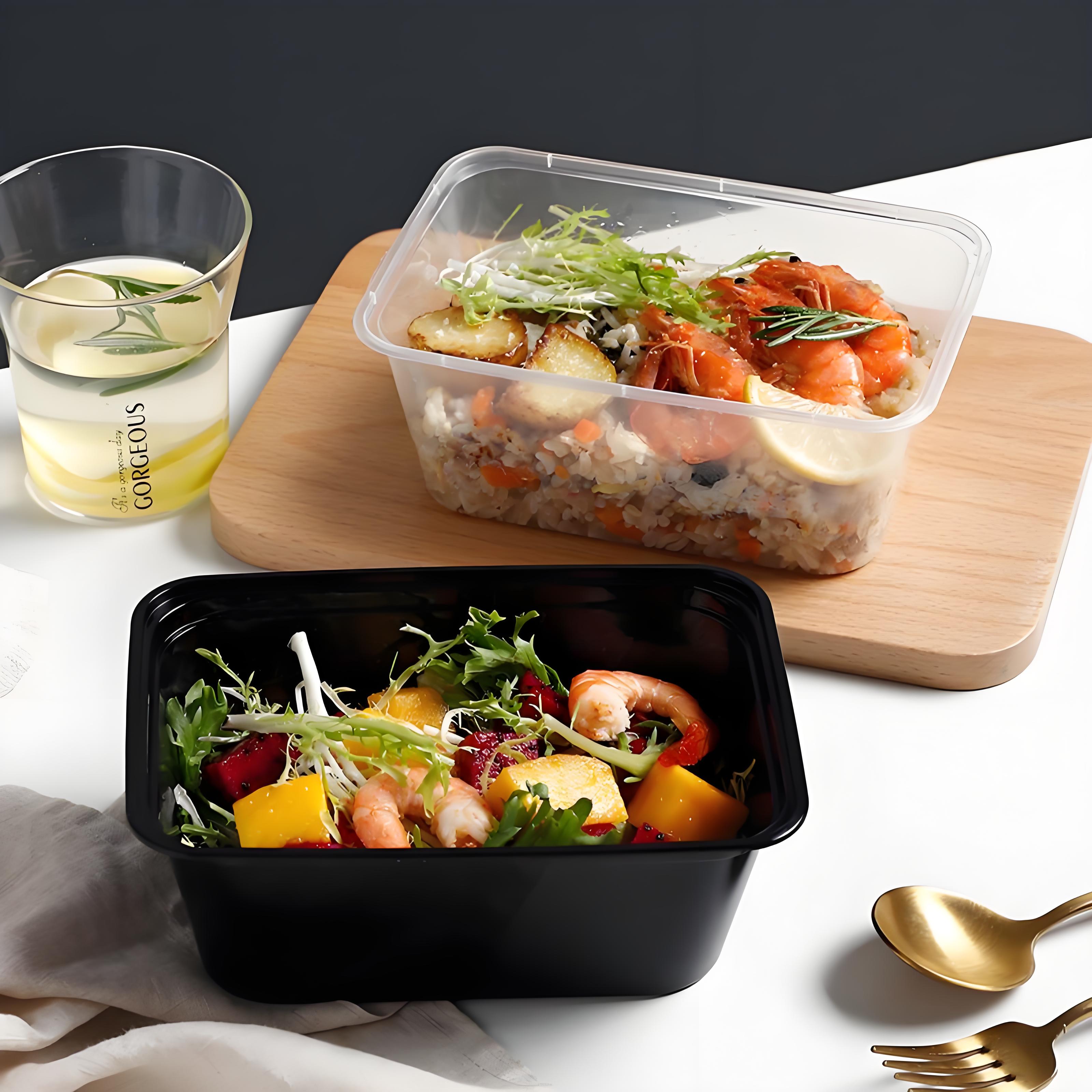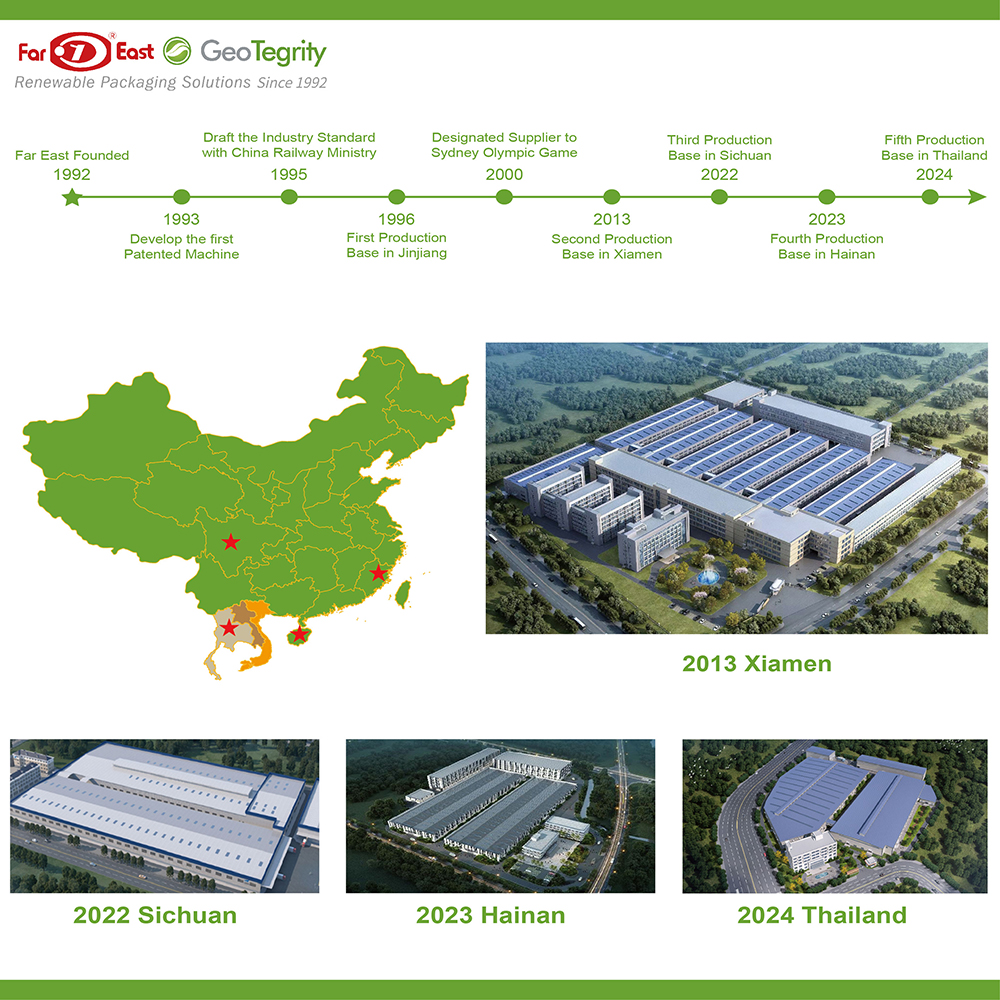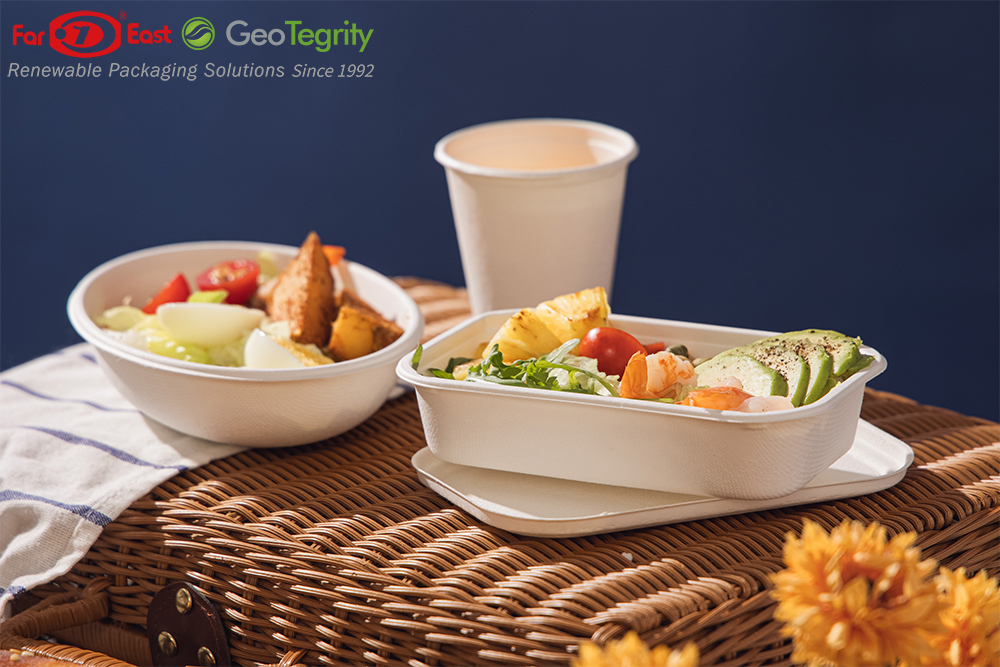
Eating from plastic takeout containers may significantly increase the chance of congestive heart failure, a new study finds, and researchers suspect they have identified why: changes to gut biome cause inflammation that damages the circulatory system.
The novel two part, peer-reviewed study from Chinese researchers adds to mounting evidence of the risks associated with eating from plastic, and builds on previous evidence linking plastic chemicals to heart disease.
The authors used a two-part approach, first looking into the frequency with which over 3,000 people in China ate from plastic takeout containers, and whether they had heart disease. They then exposed rats to plastic chemicals in water that was boiled and poured in carryout containers to extract chemicals.
“The data revealed that high-frequency exposure to plastics is significantly associated with an increased risk of congestive heart failure,” the authors wrote.
Plastic can contain any of about 20,000 chemicals, and many of them, such as BPA, phthalates and Pfas, present health risks. The chemicals are often found in food and food packaging, and are linked to a range of problems from cancer to reproductive harm.
While researchers in the new paper didn’t check which specific chemicals were leaching from the plastic, they noted the link between common plastic compounds and heart disease, and a previous link between gut biome and heart disease.
They put boiling water in the containers for one, five or 15 minutes because plastic chemicals leach at much higher rates when hot contents are placed in containers – the study cited previous research that found as many as 4.2m microplastic particles per sq cm can leach from plastic containers that are microwaved.
The authors then gave rats the water contaminated with leachate to drink for several months, then analyzed the gut biome and metabolites in the feces. It found notable changes.
“It indicated that ingestion of these leachates altered the intestinal microenvironment, affected gut microbiota composition, and modified gut microbiota metabolites, particularly those linked to inflammation and oxidative stress,” the authors wrote.
A seven-week expert course to help you avoid chemicals in your food and groceries.
They then checked the rats’ heart muscle tissue and found it had been damaged. The study did not find a statistical difference in the changes and damage among rats that were exposed to water that had been in contact with plastic for one minute versus five or fifteen.
The study does not make recommendations on how consumers can protect themselves. But public health advocates say to avoid microwaving or adding hot food to plastic containers at home, or cooking anything in plastic. Replacing plastic utensils or packaging at home with glass, wood or stainless steel alternatives is also helpful.

Far East & GeoTegrity is a pioneering leader in sustainable packaging solutions, specializing in ”pulp molded eco-friendly tableware solution” or over three decades. Established in 1992, the company has dedicated itself to revolutionizing the foodservice industry by replacing single-use plastics with innovative, biodegradable alternatives. Leveraging advanced pulp molding technology, Far East & GeoTegrity designs and manufactures high-quality **bagasse takeout containers**, clamshells, plates, and bowls using sugarcane fiber, bamboo pulp, and other renewable plant-based materials. Their products are renowned for exceptional durability, heat resistance (up to 220°F), and grease-proof performance, making them ideal for hot meals, oily foods, and liquid-heavy dishes.

Committed to a circular economy, Far East & GeoTegrity prioritizes eco-conscious production processes that minimize water and energy consumption. All products meet stringent international certifications, including FDA, LFGB, and BPI compostability standards, ensuring safety for both consumers and the environment. With a global clientele spanning restaurants, airlines, and hospitality chains, Far East & GeoTegrity offers customizable designs to align with brand aesthetics while reducing carbon footprints. By merging innovation with sustainability, the company continues to drive the transition toward zero-waste packaging worldwide.

Post time: Feb-26-2025
